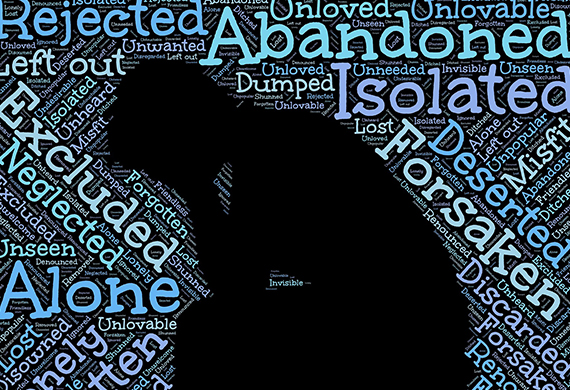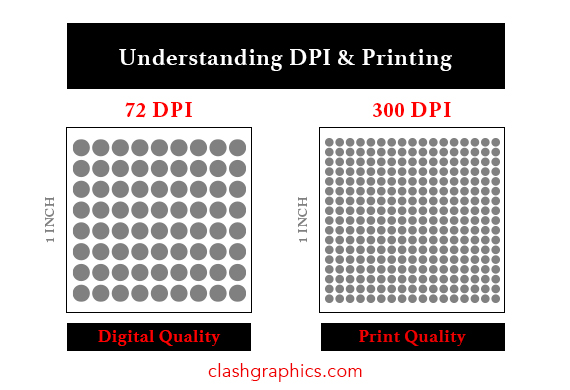Clever Ways to Avoid Information Overload
Posted by Clash Graphics on 19th Jan 2022
Avoid breakdowns, missed deadlines, and other mistakes due to information overload. Knowing how to simplify incoming and outgoing information will help you better manage your business, employees, responsibilities, and anxiety.

clashgraphics.com gathered the following information about information overload, its definition, causes, and innovative solutions.
What is Information Overload?
Information overload refers to the excess of information available to a person intending to complete a task or come to a decision. This “overload” interferes with work quality and disrupts the decision-making process, resulting in a poor decision or no decision at all.
What Causes Information Overload?
Information anxiety, infobesity, cognitive intoxication, and information explosion are all used to describe a state of information overload, which can be caused by any or a combination of the following:
Electronic Devices, Programs, Apps, and Platforms - “Where do you get your information from?” Your answer may be any of the following: television, radio, mobile phones, electronic devices, emails, podcasts, search engines, social media, etc.
A perfect example of this is depicted with nearly every search made on any search engine for almost any subject. When the results appear, you are presented with page after page of results compiled and ranked using the search engine’s algorithm and parameters.
In this example, you may have to sift through dozens of pages of inaccurate, misleading, or erroneous content (all trying to lure you into clicking their links) before finding any useful or verifiable results.
Modern Day Journalism - News sources in today’s world are a prime cause of information overload. They constantly seek the most bombastic headlines and shocking footage to encourage viral sharing across social media platforms, and users may see the same headlines dozens of times shared by dozens of other users.
Poorly Sourced Content - Using unverified or superfluous content can lead to flawed results, inaccurate data, and bad decisions.
When researching serious matters like “cancer,” pay particular attention to the source of the content you will use to build your understanding and formulate your decisions. Would you rather use data/research produced by Johns Hopkins University or the content of a young blogger trying to market a new clothing line?
Too Much Advertising - Digital advertising alone can seem overwhelming and often intrusive when you just want to watch a “cat” video. Add physical content (door hangers, flyers, mailers, business cards, etc.), and it all can quickly become a nuisance!
In addition, the following are common reasons for modern information overload:
- The increasing volume of available historical data
- Exceedingly high volumes of conflicting, contradictory, and inaccurate information
- Volumes of new information/content being constantly created
- Increasing pressure to create and compete in information provision. This stress leads to a “quantity over quality” philosophy in multiple industries
- The incredible simplicity of creating, regurgitating, duplicating, and sharing of information online
Information Overload Solutions
How we can help alleviate the pressure of information overload in a professional or personal environment?
- Simplicity (Less is More) - The less information to absorb, the easier it will be to understand.
- Relevance - All information should meet your needs and relate to the subject at hand.
- Clarity - Instructions and content should be simple and to the point.
- Supporting information - If you require more information, source/support material should be readily accessible.
- Learn how to Skim - The vast majority of modern content is built around a single point or two. Find that and move on.
- Delegate tasks - If you are part of a team, use multiple people to research and gather relevant information.
- Use filters - Use inbox, messaging, and search engine filters to eliminate irrelevant or unimportant data and content.
- Ignore it - It is impossible to absorb everything about something. In the end, you will have to ignore some or most of that content.
Note: People generally can execute a task more efficiently when their instructions are kept basic and free of extras. Take roadsigns and wayfinding for example: When driving, these signs provide simple and direct information at a glance.
Tip: Sometimes, the ability to focus and rationalize can be affected by mental health conditions like anxiety disorders and PTSD. Anticipation, fatigue, and stress can all contribute to a sensory overload experience, making it near impossible to collect, process, or deliver any content or information.

Eliminating Information Overload
In this article, you discovered crucial information about the definition, causes, and solutions for information overload.
When you simplify and reduce the amount of incoming “irrelevant” information, you can better manage and accomplish your responsibilities with reduced stress and anxiety.
Information overloads can paralyze your productivity, cloud your judgment, and lead to horrible, baseless decisions.
Sources:
interactivity.ucsd.edu/articles/Overload/published.html
lesley.edu/article/why-brain-overload-happens
Clash Graphics Print Shop Atlanta Flyer Printing
2233 Peachtree Rd NE Ste 202 Atlanta, GA 30309
(678) 235-3464






